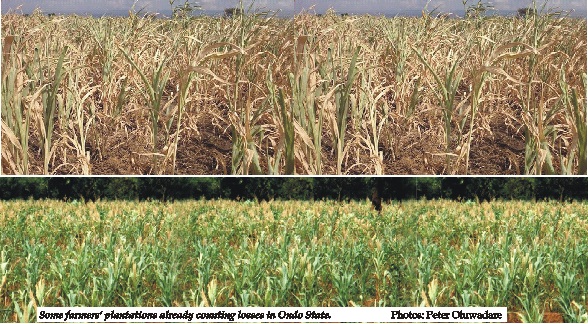Candidiasis (Yeast infection)
Candidiasis (Yeast infection)
By Dr. Faozat Aragbaye
|
Candidiasis is a fungal infection caused by yeasts that belong to the genus Candida. Some of hundreds of Candida species can cause infection in humans; the most common is Candida albicans . Candida normally lives inside the body (in places such as the mouth, throat, gut and vagina) and on the skin without causing any problems.
Candida yeasts can cause infections if they grow out of control or if they enter deep into the body (for example, bloodstream or internal organs like the kidney, heart or brain).
TYPES OF CANDIDIASIS
- Candida infection of the mouth, throat and oesophagus.
- Vaginal candidiasis
- Invasive candidiasis
- Candida auris
Risk Factors
Thrush (Oropharyngeal Candidiasis)- When candida yeast infect the mouth and throat, it causes an infection called” thrush”. It’s common in newborns, the elderly and people with weakened immune systems. Also adults that are more likely to have thrush include:
- Cancer patients
- People with dentures
- Diabetics
- People who take medications like corticosteroids and wide spectrum antibiotics.
- Douching
- Poor diet
- Poor sleep
Symptoms of thrush include:
- White or yellow patches on the tongue, lips, gums, mouth’s roof, and inner cheeks.
- Redness or soreness in the mouth and throat.
- Cracking at the corners of the mouth.
- Pain when swallowing , if it spreads to the throat.
Treatment – Thrush is treated with antifungal like nystatin, clotrimazole and fluconazole. Rinsing the mouth with chlorhexidine mouthwash may help prevent infections in people with weakened immune system.
Genital Candidiasis (Genital Yeast Infection)- Three out of four adult women will get at one yeast infection during their lifetime. This occurs when too much yeast grows in the vagina. (Men also can have genital yeast infection, but it’s much less common).
A yeast infection typically happens when the balance in the vagina changes. This can be caused by pregnancy, diabetes, use of some medicines, lubricants, or spermicides, or a weakened immune system.
Occasionally, the infection can be passed from person to person during sex.
Symptoms – The symptoms include:
- Extreme itchiness in the vagina
- Redness and swelling of the vagina and vulva.
- Painful and burning micturition.
- Discomfort during sexual intercourse.
- A thick whitish vaginal discharge.
A man with a yeast infection may have an itchy rash on his penis.
Diagnosis -Diagnosis of vagina candidiasis includes:
- Sexual practices and history of STIs or previous yeast infections.
- Pelvic examination to inspect the vulva, vagina and cervix for signs of infection.
- Laboratory analysis of vaginal discharge for confirmation of diagnosis.
Treatment- Treatment of the infection depends on whether it was complicated or uncomplicated.
Uncomplicated yeast infection – There are two ways to treat an uncomplicated yeast infection: direct vaginal therapy or oral treatment.
Complicated yeast infection- in the case of a complicated yeast infection, treatment will include the use of long-course vaginal therapy or multi-dose oral formulations.
Maintenance formulations may be recommended. These drugs are taken regularly to prevent re-infection.
Prevention
While there is no guaranteed way to prevent a Candida infection, certain actions can reduce the risk of developing a vaginal yeast infection.
Women who are susceptible are advised to:
- Avoid douching
- Do not use feminine deodorant or deodorant pads or tampons.
- Wear underwear made from cotton or other natural fibres
- Wear loose fitting pants or skirts.
- Wash underwear at high temperature.
- Avoid tight underwear and pantyhose.
- Eat a healthy , varied diet.
- Promptly change wet clothing,
- Avoid hot tubs and hot baths.










